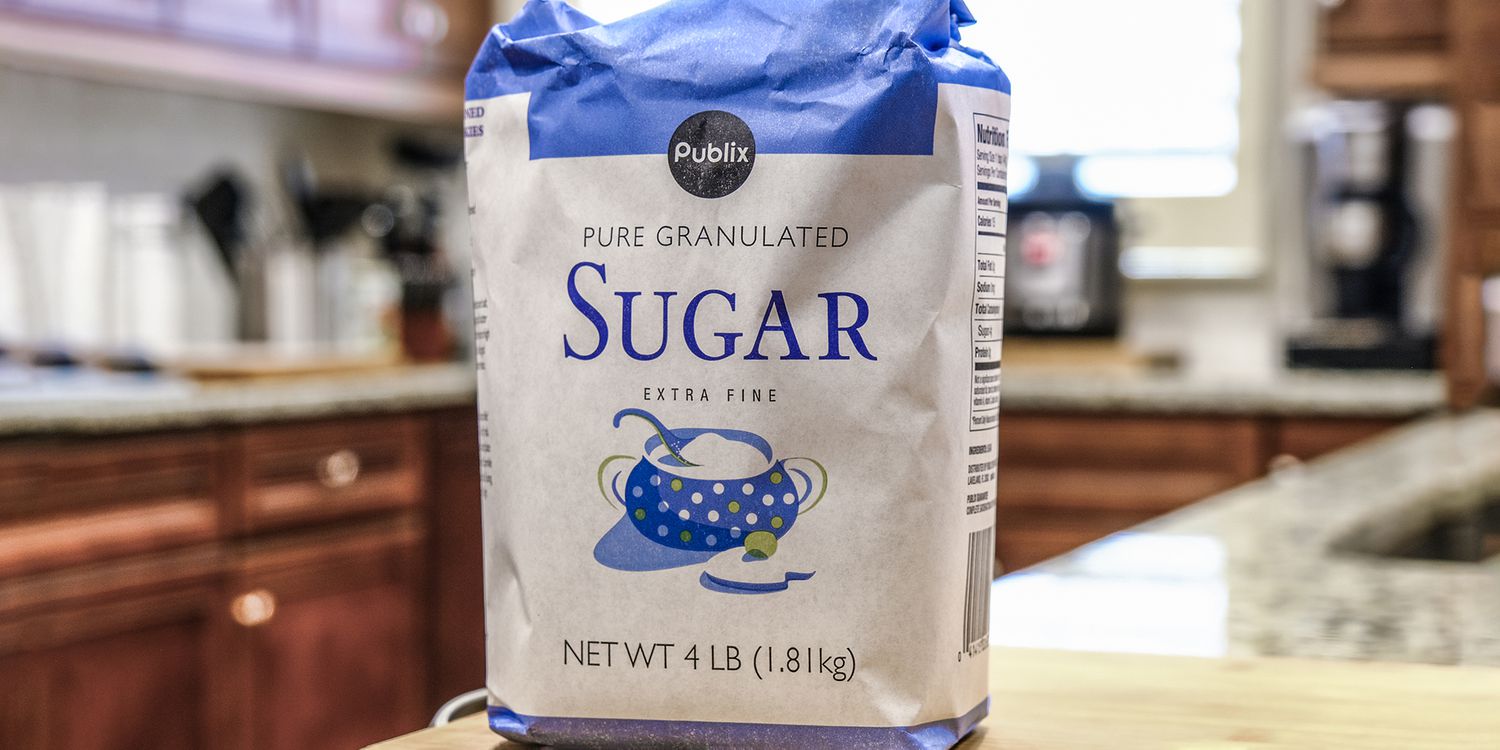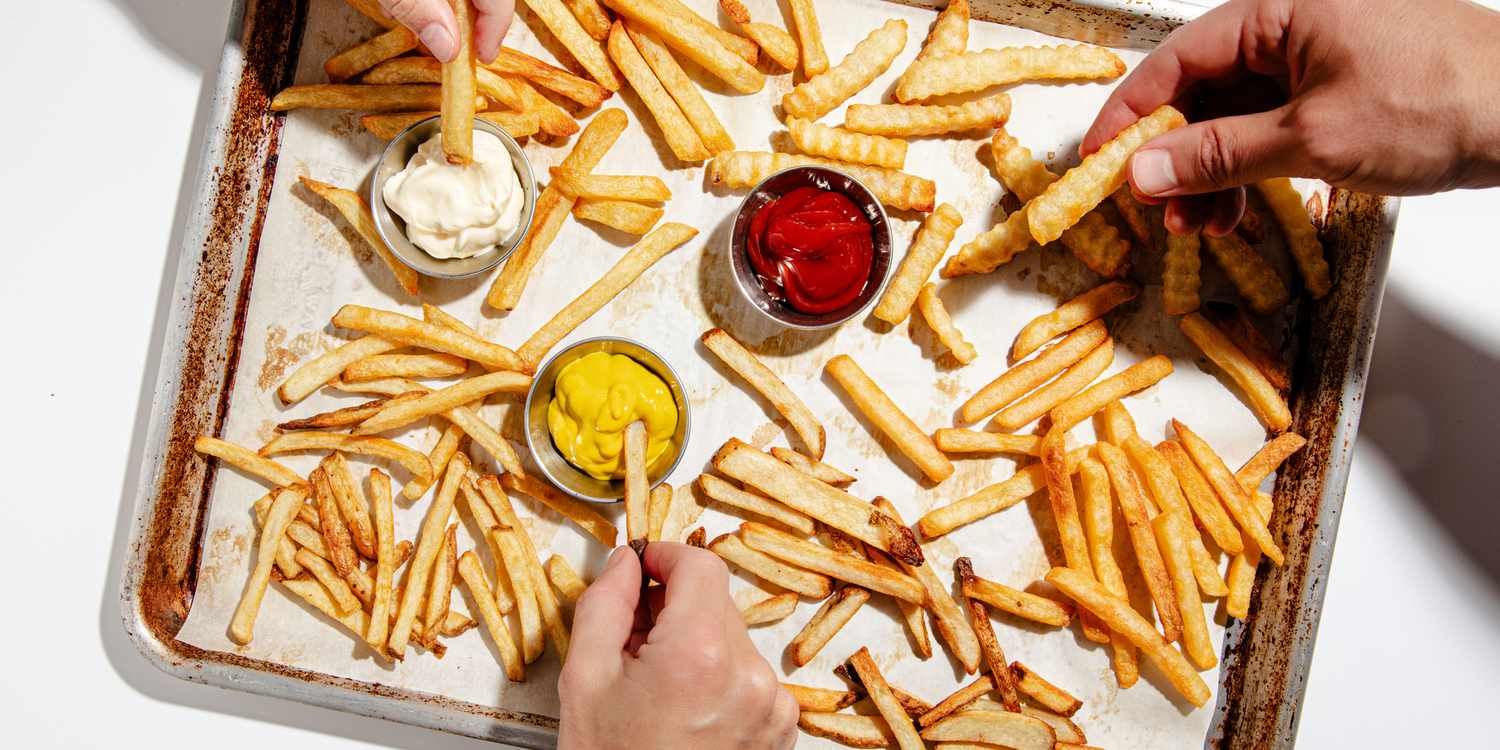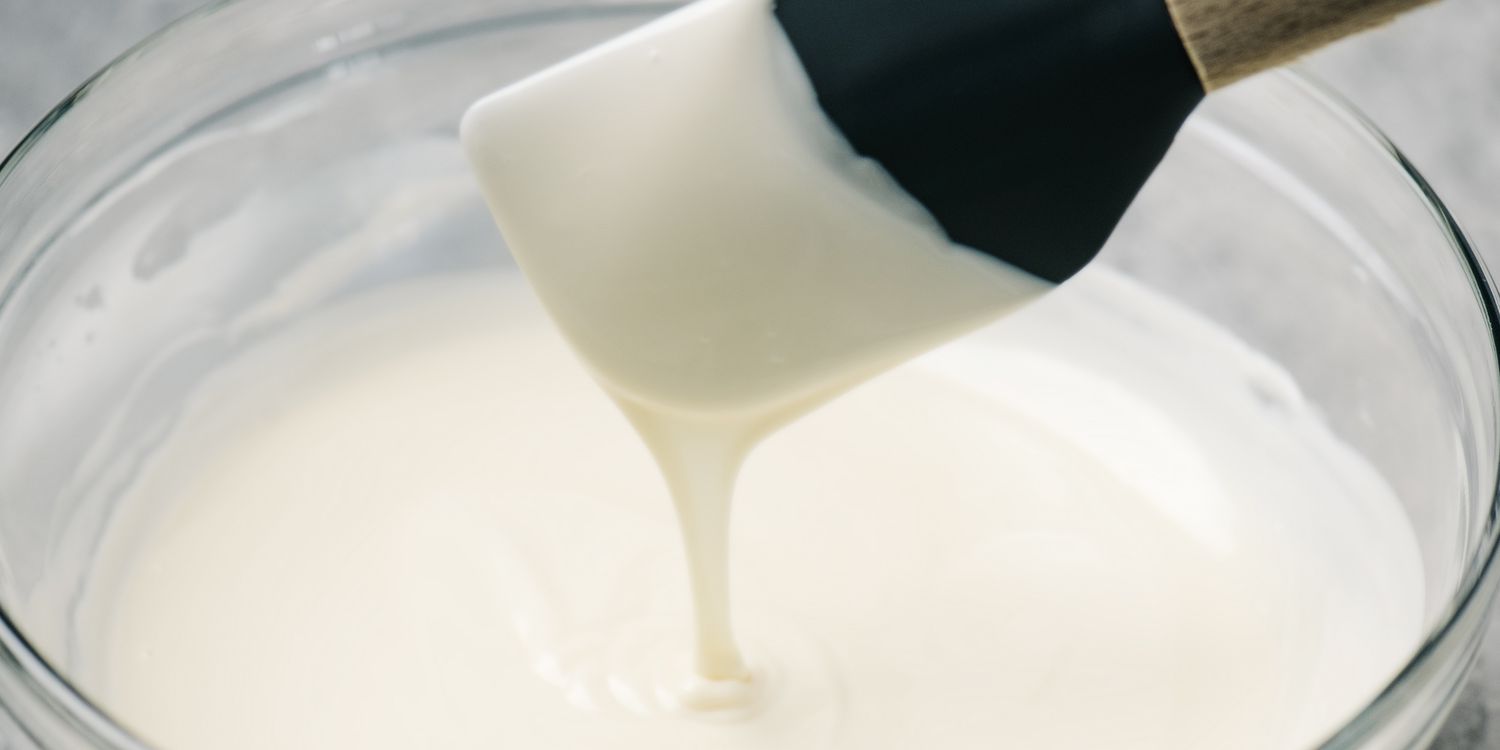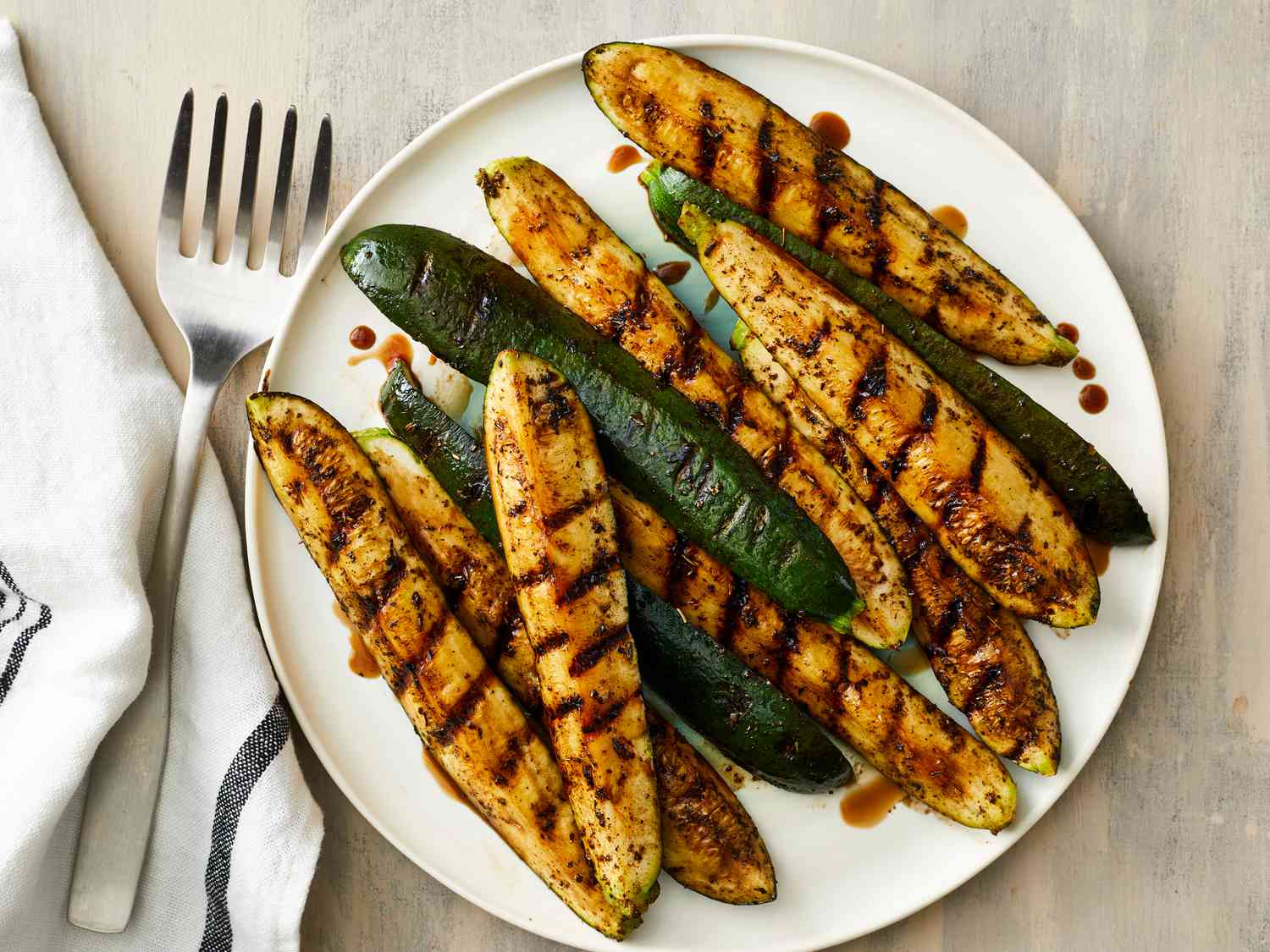Holiday baking season is upon us— but inflation is making grocery bills longer than a CVS receipt and prices higher than ever before. Prices on cereal and bakery items are up nearly 16% according to the Consumer Price Index, and other common baking ingredients, like butter, are way more expensive, too.
Even sugar—what is typically the cheapest baking ingredient—costs more. The price of sugar is over 13% more than this time last year. Luckily, there’s a simple way to save a buck when shopping for the sweet stuff, and it also happens to be one of the easiest ways to cut down costs when baking for the holidays.
Is Brand Name Sugar Worth the Extra Cost?
One oft-suggested tip is to buy generic labels instead of the usual name brand. But shoppers fear they’ll lose quality and “get what they pay for.” But when it comes to sugar, is there really a difference between name brand and generic?
The short answer: No, there isn’t. If you’re worried about sacrificing flavor or quality, great news! The majority of name brand dry goods seen on supermarket shelves are almost exactly the same as the generic brand.
While there may be slight subjective differences in clumping or crystal size, in terms of taste and texture when comparing the same type of sugar (white to white), name brand and generic are largely equivalent.
Is Organic Sugar Worth the Up Charge?
It’s important to note that contrary to popular belief, all sugar in the United States is processed in some way. Organic, raw, or natural labeling indicates the sugar underwent the least amount of processing. But, less processing doesn’t indicate a higher quality product.
Be careful when using organic sugar as a substitute for white sugar in dessert recipes, especially baking, as it doesn’t dissolve in the same way. Conventional white sugar has crystals that are smaller in size, thus they’re able to melt into butter when creamed together. Organic sugar has larger crystals that require more work to properly dissolve. If the recipe doesn’t require that crucial ‘creaming’ process, feel free to swap with organic sugar.
In order for a product to be labeled organic, it must meet the U.S. Food and Drug Administration’s standards of, “cultural, biological, and mechanical practices that support the cycling of on-farm resources, promote ecological balance, and conserve biodiversity.”
What this means is that the price seen on shelves mostly reflects the cost of these strictly regulated organic agricultural practices. If choosing a product that promotes planet health and sustainable growing practices is important to you, and you’re using it for something other than baking, organic sugar is your best bet.
The Bottom Line
If you’re looking to save money on sugar, try out the conventional store or generic brand. You’ll find that there’s no difference in taste or performance, and your baked goods will taste just as good but cost less to make. Now that’s a pretty sweet deal.




